Past Events
Interested in Cotsen events? Sign up for our mailing list.Speaker: James Brady, Cal State University, Los Angeles
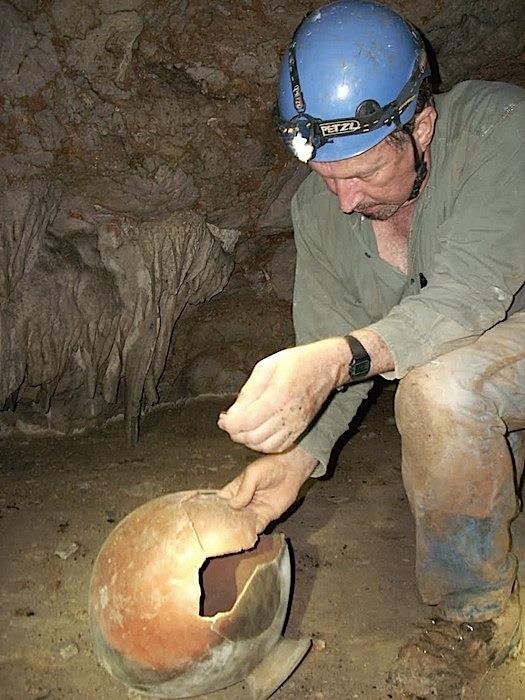
During the last decade of the 19th century, four cave studies of exceptional quality were produced. The best was Eduard Seler’s report on Quen Santo in Huehuetenango, Guatemala because of the exceptional finds still associated with the cave at that time. As a grad student at UCLA, Brady became fascinated with the site after Ted Gutman of the Friends of Archaeology translated the report from German. In 2006 new road construction opened this remote area of the Maya Highlands and permitted a restudy of the caves. Combining 21st century cave archaeology with Seler’s 19th century reporting provides rich portrait of an important Chuj Maya pilgrimage site.
Contact Matthew Swanson
Email mswanson@ioa.ucla.edu
Phone
Speaker: Dr. Emily Lindsey, University of California, Berkeley
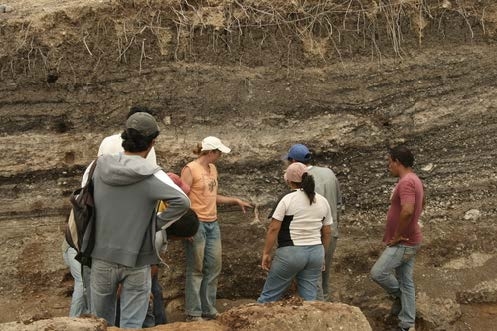
For decades a debate has raged over the relative contributions of human activities and environmental change in driving the extinction of most of earth’s large mammals near the end of the last ice age. Recent research by our group in South America draws on archaeological, paleontological, paleoclimatological, quantitative modeling, and geochemical studies in order to investigate how these extinctions progressed through space and time across the continent. These studies reveal complex synergistic interactions between climatic and anthropogenic pressures, and highlight the need for integrating multiple regional-scale analyses in order to understand how large-scale extinction events transpired in the past, and how they are likely to proceed in the context of ongoing climate change and growing human impacts today.
Contact Matthew Swanson
Email mswanson@ioa.ucla.edu
Phone
The Cotsen Institute of Archaeology at UCLA and the Institute of Field Research present a public lecture:
Medieval Ireland: An Overview of 1,000 Years from the Archaeological and Historical Record
Dr. Stephen Mandel
Vice Chairperson of the Royal Irish Academy Committee for Archaeology
The Medieval Period in Ireland is often defined in terms of specific events, from St Patrick lighting the Pascal fire to bring Christianity in 432 AD to the first Viking Raids on Lambay Island in 795 AD to the Anglo-Norman invasion led by Strongbow in 1169 AD. However, whilst these dates dominate the discourse, in isolation they are a simplistic classification and can take focus from a far more complex story. This presentation will give an overview of the medieval history of Ireland through the archaeological and historical record, demonstrating that this small island nation has always held significance far greater than its size.
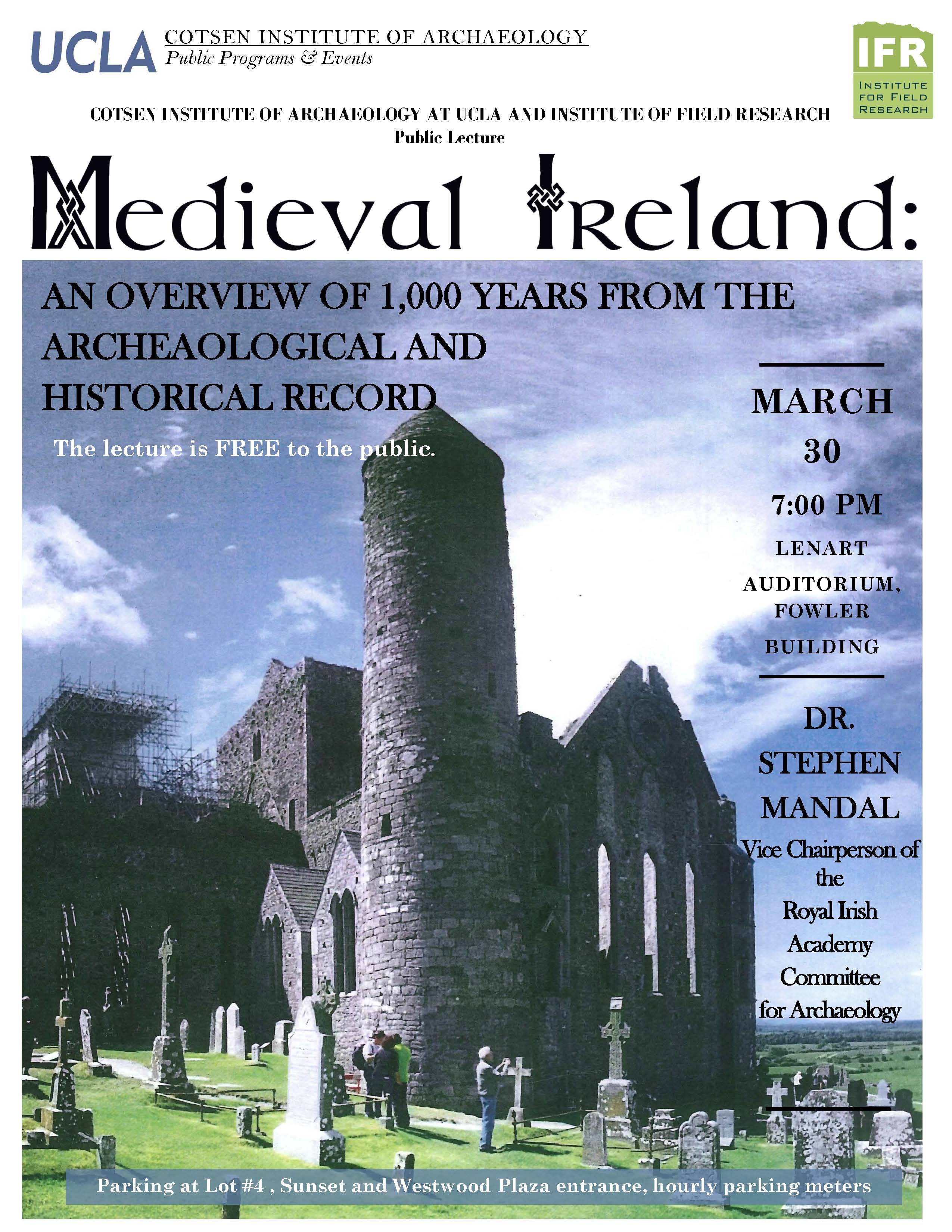
Contact Helle Girey
Email hgirey@ucla.edu
Phone
Speaker: Dr. Ali Drine, Archaeological Researcher and Director of Archaeological Mapping, Institut National du Patrimoine in Tunisia
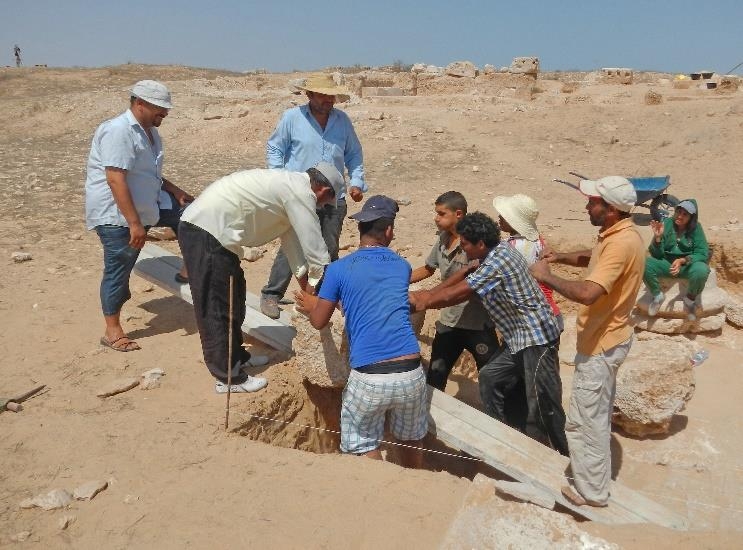
The site of Zita was a political and economic hub situated on the Zarzis Peninsula in the region of Tripolitania, southern Tunisia. Historical sources make reference to the site, including the Itinerarium Antonini and the Tabula Peutingeriana. A Carthaginian foundation, the urban area was incorporated into the Roman Empire with monuments such as a forum, capitol, and likely also a basilica and bath complex. The Carthaginian population persisted in its adherence to Punic identity and religion well into the Roman occupation. A Punic sacrificial precinct (tophet) has yielded over 600 stelae hewed from the limestone on which Zita sits, dozens of urns, and diverse iconographic representations. Neo-Punic graffiti and inscriptions to the goddess Tanit (Calaestis) further indicate the Carthaginian ancestry of the population, which thrived primarily on the production and export of olive oil. Most of the archaeological features are still buried under olive and almond orchards. Since 2012 research is ongoing through a collaboration between the Institut National du Patrimoine (Tunis, Tunisia), UCLA and Brown University.
This lecture is co-sponsored by the Silsbee Chair in African Cultural Archaeology.
Contact Matthew Swanson
Email mswanson@ioa.ucla.edu
Phone
Join us on Friday, March 11 at 7PM, as we celebrate the donation of the Berekian Family archive to the Chitjian Research Archives and the Armenian Research Program in Archaeology and Ethnography at UCLA.
See the flyer below for details.
Reception to follow.
Please RSVP at kristineolsh@ucla.edu by March 9th, 2016.
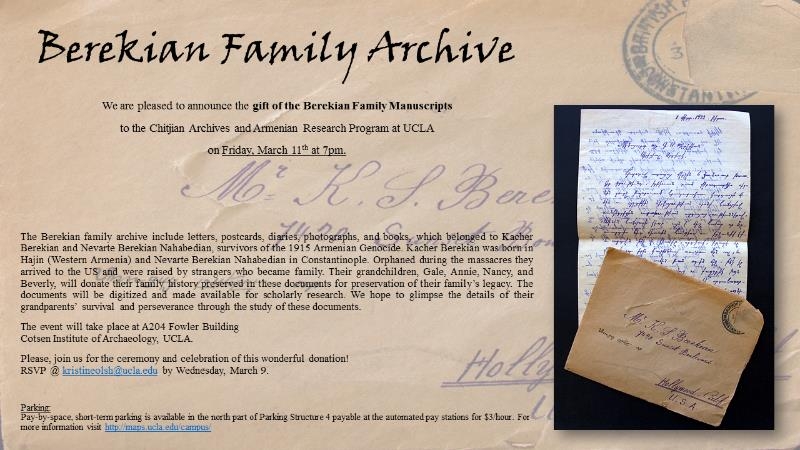
Contact Kristine Olshansky
Email kristineolsh@ucla.edu
Phone
Speaker:
Alexis Boutin, Associate Professor of Anthropology, Sonoma State University
Since 2008, the Dilmun Bioarchaeology Project has been studying and publishing the materials from Peter B. Cornwall’s 1940-41 expedition to Bahrain and eastern Saudi Arabia, which now reside in the Hearst Museum of Anthropology at UC Berkeley. This multi-disciplinary team is adding to anthropologists’ understanding of how life was experienced and death commemorated in ancient Dilmun (ca. 2050-1800 BCE). In this talk, Dr. Boutin will explore how human skeletal remains and associated grave goods can reveal transformations in identity (e.g., gender, age, and physical ability) across the life course. She will also explain how experimenting with alternative modes of interpretation can improve bioarchaeological praxis and communicate effectively and accessibly with diverse audiences.
Contact Matthew Swanson
Email mswanson@ioa.ucla.edu
Phone
Speaker:
Travis Stanton, Associate Professor, UC Riverside
Note: this Pizza Talk has been cancelled.
Contact Matthew Swanson
Email mswanson@ioa.ucla.edu
Phone
Speaker:
Ian Morris, Stanford University
Note: this Friday Seminar has been cancelled.
Contact Matthew Swanson
Email mswanson@ioa.ucla.edu
Phone
Speaker:
Erik Gjesfjeld, Postdoctoral Fellow, UCLA
Human populations in the past and present have shown a remarkable ability to inhabit diverse and unpredictable environments. This research explores how archaeological remains can examine the use of risk-reducing strategies, such as social networking and technological innovation, in the remote Kuril Islands of Northeast Asia. Results from this research suggest that social safety nets may be an important mechanism for mitigating the effects of environmental unpredictability and that populations tend to become more technologically conservative in unpredictable landscapes. These findings help to highlight some of the misconceptions surrounding the concept of risk and support the future analysis of risk-reducing adaptations using material culture.
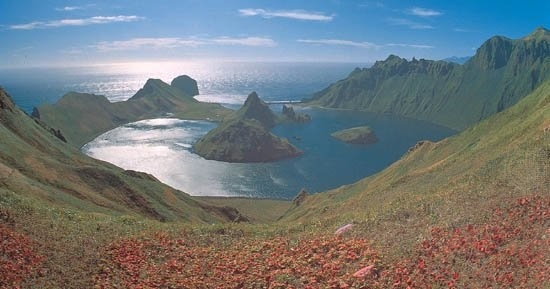
Contact Matthew Swanson
Email mswanson@ioa.ucla.edu
Phone
Speaker:
Dr. Ian Hodder, Stanford University
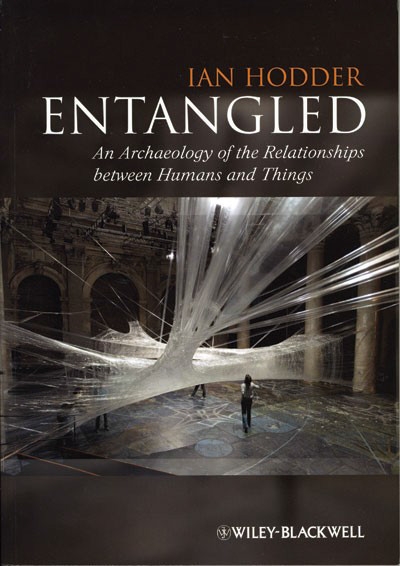
Contact Matthew Swanson
Email mswanson@ioa.ucla.edu
Phone
- ‹ previous
- 46 of 50
- next ›


